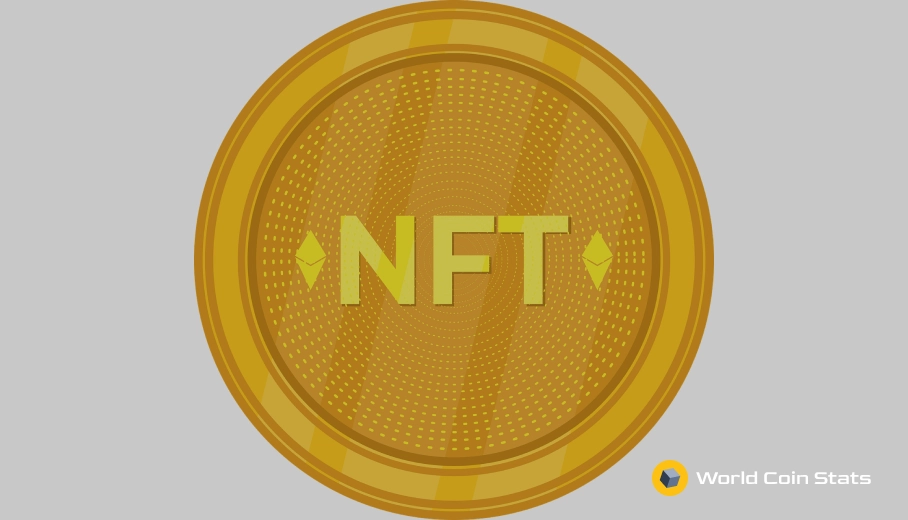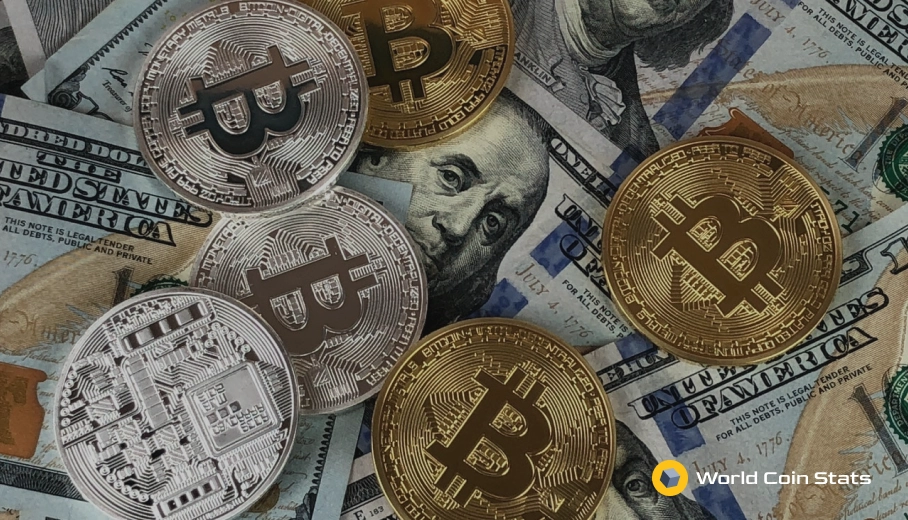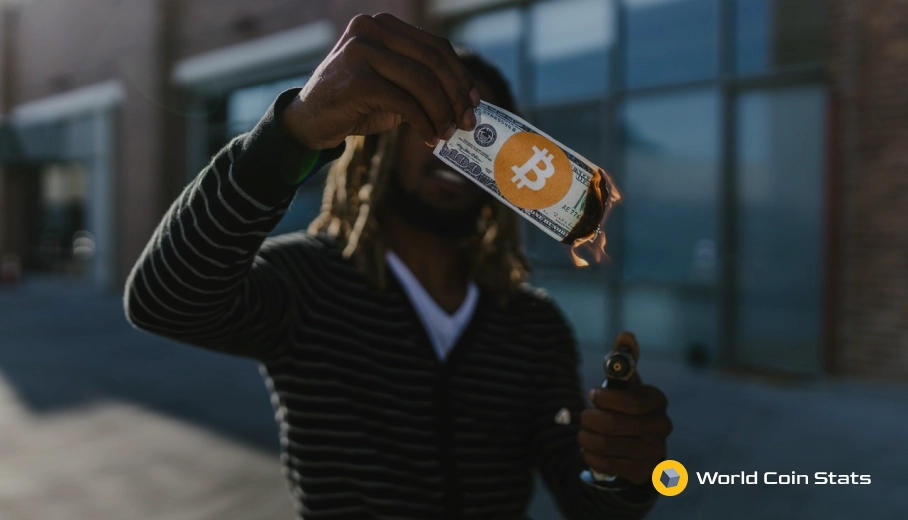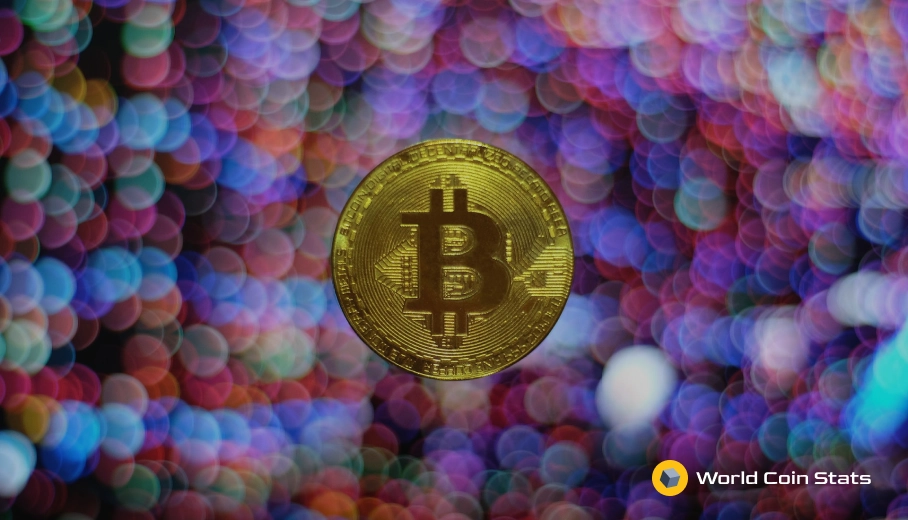What are The Best Use Cases for NFTs?
NFTs have received quite a lot of attention beginning in 2021 with the surge in popularity of CryptoPunks and Bored Ape Yacht Club. But the uses for NFTs go far beyond JPEGs. In fact, NFTs will change the way that we interact with the internet. This article will go into quite some detail on some of the best use cases for NFTs. We will also offer a basic explanation of NFTs for those that are not too familiar with the technology.
What Are NFTs?
NFT stands for non-fungible token. Non-fungible means that it’s unique and one-of-a-kind – it’s not interchangeable with any other token. This is in direct contrast to a fungible token (ie. Bitcoin) or a fungible currency (ie. fiat currency).
Now, these tokens are hosted on a blockchain, which makes them even more interesting. The blockchain relies on group consensus to validate blocks, so the non-fungibility of the particular token can be guaranteed by simply looking at the immutable blockchain.
Popular blockchains for NFTs include Ethereum and Solana, but any blockchain that has smart contract compatibility is capable of having NFTs on it. The smart contract compatibility of NFTs add some unique functionality that makes the NFTs much more powerful than simply a unique token.
The tokens aren’t valuable solely because of their uniqueness, though that certainly helps. Instead, the tokens are valuable because certain attributes can be given to the non-fungible token. The most common use at the moment is attaching unique art to an NFT. The NFT serves as a sort of authentication that the piece of art is an original and not simply someone saving the media file to their computer.
That’s a fairly basic overview of NFTs. They are simply unique tokens on a blockchain that can have media files or other information stored on them. And the NFTs have smart contract compatibility because, well, they exist on a blockchain that can handle smart contracts.
The next section will go into some really interesting use cases of NFTs.
The 5 Best Use Cases for NFTs
Here are the 5 best use cases for NFTs. It’s important to note that not all of these use cases are currently in use. Some of them are interesting ideas that will likely occur at some point in the future.
Gaming NFTs
The gaming industry will likely be the first industry to experience major disruption from NFTs. It’s already occurring to some extent with popular play-to-earn NFT games like Axie Infinity.
Play-to-earn games are just the beginning, though. For those that don’t know, play-to-earn games are video games that exist on the blockchain that use NFTs as in-game items. This offers some huge benefits to players. The main benefit being that players own their in-game items rather than ownership being the studio that published the game. Ownership of in-game items allows players to easily sell their items, which has led to many people actually playing these games to earn money, hence the name play-to-earn.
That’s just one aspect of gaming NFTs, though.
There are ideas floating around to create entire virtual universes that use NFTs as items in the universe. This gets especially interesting once hyper realistic virtual reality becomes feasible. The technology will get there at some point.
This idea is commonly referred to as the metaverse. It’s sort of a buzzword at this moment in time, but once the virtual reality technology catches up things will get a lot more interesting.
A good movie to watch that explores this concept is Ready Player One. We won’t spoil it, but we will say that the future with NFTs, gaming, and hyper realistic virtual reality will likely look like the world in Ready Player One.
Art NFTs
Art NFTs are probably the most well-known NFTs. Basically, artists will attach digital art to an NFT. CryptoPunks and Bored Ape Yacht Club are the two most popular art NFT projects at the moment.
Again, attaching digital art to an NFT is only the beginning. An NFT can actually be used to authenticate ownership of any art. It could serve the same purpose as an authentication or grading from a grading company, but instead of a paper copy that can easily be forged the record will exist as an NFT on an immutable blockchain. The record can even include pictures of the condition of the art so future buyers can see the change in the condition.
Music NFTs
The music industry is another industry that will experience a tremendous amount of change from NFTs. It has already occurred to some extent with artists like Deeadmau5 releasing album NFTs and unique single NFTs.
The general gist of it is that artists can release an NFT of a particular album, which would serve the same purpose as a 1/1 vinyl of the album. But an album NFT has potential for way more upside for the artist and the purchaser.
For instance, the musician can collect a royalty on all future sales of that particular NFT.
That’s actually standard practice in the NFT industry.
More interestingly, certain perks can be attached to ownership of the NFT. Examples include the following:
- A share of album sales.
- This is actually great for independent musicians that want to finance production of an album.
- The opportunity to meet the band or musician.
- Backstage access at concerts or tickets to concerts.
- Access to unreleased songs..
Those are just a handful of examples. The possibilities for the perks that can be attached to ownership of a music NFT are endless.
The game changer, in our opinion, is that NFTs allow independent musicians access to more revenue streams without having to sign a contract with a record label. NFTs really do have the potential to be the death blow to the record label as we know it. Record labels have already changed quite a bit, but they will likely continue to evolve before eventually dying out to independent musicians.
Real Estate NFTs
Note: Real estate NFTs fall into the category of interesting hypothetical use cases for NFTs. There are currently no legitimate real estate NFTs.
Real estate seems like a natural fit for NFTs. This is because the industry involves non-fungible assets (property), proving ownership of those assets via contracts, and financing the purchase of those assets with loans. Of course, there are a bunch of middlemen taking their cut (banks, title companies, real estate agents, etc.) during the entire real estate process.
This is actually the perfect fit for NFTs and decentralized finance.
It’s actually quite simple. The normal real estate process involves receiving approval for a bank to take out a loan to purchase a property. The bank loans the money so the buyer can purchase the property. The bank keeps the title of the property (ie. ownership) until the loan is paid off. If the loan is not paid for a period of time, then the bank will repossess the property.
That entire convoluted process can be done with NFTs quite easily. Basically, the title of the property would be an NFT – the NFT could be programmed to include a land survey, plot number, and other relevant property information. And the owner of the NFT would own the property.
The smart contract functionality could automate the entire lending process. There would actually be no need for humans because approval requirements, as well as default conditions, could be coded into the smart contract. The only real human interaction required would be government officials evicting property owners that default on their mortgage.
Now, there are a lot of legal obstacles to overcome with this. Not to mention that this would require the government using a new technology, which never happens. The Internal Revenue Service (IRS) still uses fax machines in 2022.
That said, good technology will rise to the top, so it will become mainstream at some point.
NFKeys
Finally, NFKeys are another interesting use case for NFTs. The basics are that any authentication can be done with an NFT rather than entering a username and password. You simply have your “NFKey” in your Ethereum wallet, attach your wallet to MetaMask, and authorize MetaMask on a website to access content behind an “NFKey” wall.
This is a much more secure way to manage login information. Not to mention that it’s far more secure than simply storing passwords on a database somewhere.
Admittedly, it’s not a major industry-changing use case for NFTs. But it is so convenient and interesting that it’s worth mentioning.
A system like this is already used on Web3 websites like OpenSea.io or really any website that connects to MetaMask. This would simply involve using an NFT for authentication rather than the wallet itself.
Will NFTs Actually Become Popular?
It’s almost inevitable that NFTs will become popular in the future. The thing with technology is that really great technology always rises to the top.
Remember, NFTs are a nascent technology. The internet existed for a long time before people were doing really interesting stuff on it. It took even longer for the general public to begin using the interesting stuff on the internet. That said, you see how much the internet has progressed over the past two decades along with the general public’s attitude towards the internet.
NFTs will almost certainly follow a similar path as the internet.
It starts with a niche group of technology enthusiasts using it for fun, it becomes valuable as more people begin using it, a huge bubble forms in the industry as people hear about others making “millions” with the technology, the bubble pops causing the new projects to fail (we’re here), and then the technology slowly becomes mainstream.
NFTs have recently had a massive bubble that popped, which is quite similar to how the Dot Com bubble popped in 2001. NFTs are now at the point where most people know about the technology and are slowly becoming comfortable with the idea of it.
Again, it’s a very useful technology, so it will become mainstream. Don’t base your long-term view of NFTs on a very short-term bubble popping.
Are NFTs a Good Investment?
NFTs have the potential to be a good investment, but you must take extreme caution when choosing an NFT. Our recommendation is to avoid the market unless you are very experienced in it or are investing in popular NFT projects (ie. CryptoPunks, Bored Ape Yacht Club, etc.). It is very easy to lose a lot of money investing in garbage NFTs. It’s also far more likely you will lose money rather than make money investing in NFTs because there are way more garbage NFT projects than good NFT projects.




